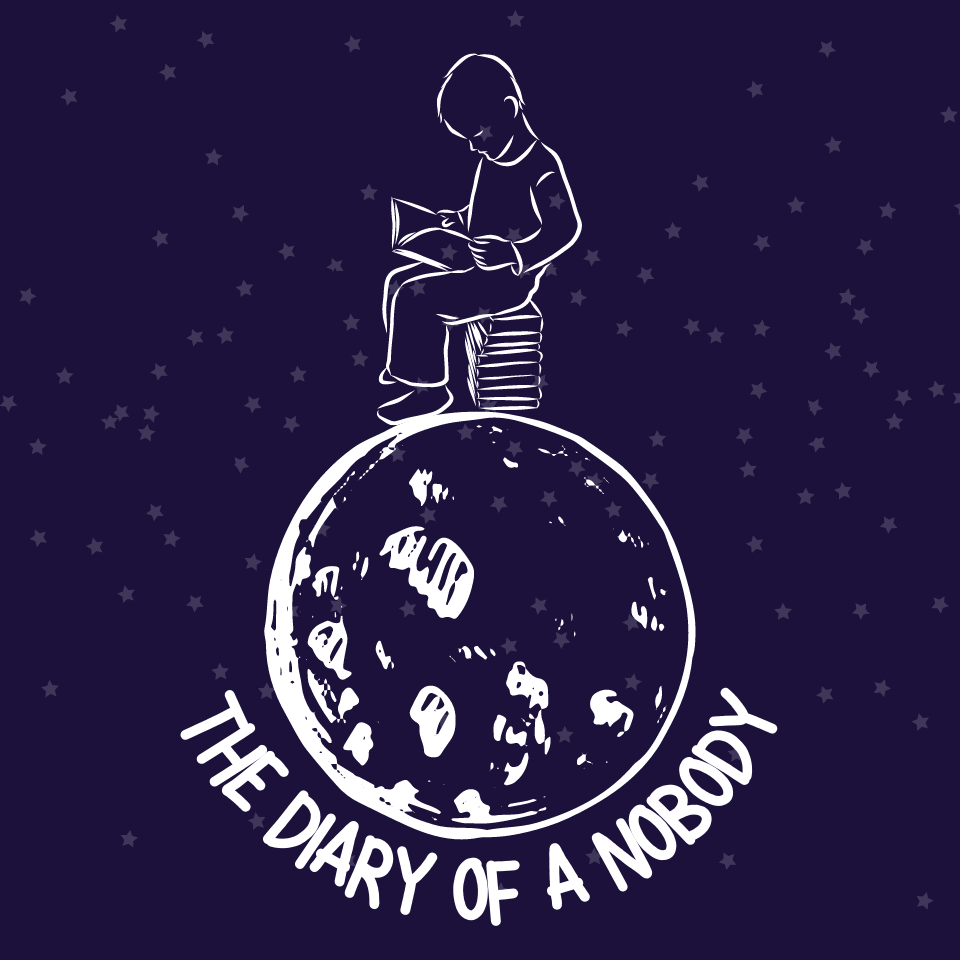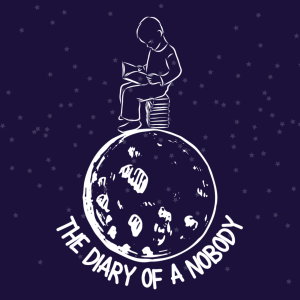Lord Byron - Childe Harold's Pilgrimage [There is a pleasure in the pathless woods]
Written/Published: 3rd March 1812
Theme:
In these lines of ‘Childe Harold’s Pilgrimage,’ the poet engages with themes of change, the sea, and power. The latter is used to reference the power of the sea as well as humankind’s lack of power in the face of the indomitable ocean. It has raged the same since the dawn of creation, and no human force can control or tame it. This is something that brings the speaker great joy rather than fear. He relishes in the idea of what the ocean harbours and its ability to refuse humankind that which it desires. The sea represents true freedom to the speaker and to Byron. It’s untamed, pathless, and unpredictable, like the woods in which no one has ever tread. By the end of the poem, Byron admits that things have changed. He and his speaker are not the same as they were at the beginning of the poem, at the beginning of Byron’s journeys, or at the beginning of life. It’s time to move on, he says.(PoemAnalysis, 2022)
Poem:
There is a pleasure in the pathless woods, There is a rapture on the lonely shore, There is society where none intrudes, By the deep Sea, and music in its roar: I love not Man the less, but Nature more, From these our interviews, in which I steal From all I may be, or have been before, To mingle with the Universe, and feelWhat I can ne'er express, yet cannot all conceal.
Roll on, thou deep and dark blue Ocean--roll! Ten thousand fleets sweep over thee in vain; Man marks the earth with ruin--his control Stops with the shore;--upon the watery plain The wrecks are all thy deed, nor doth remain A shadow of man's ravage, save his own, When for a moment, like a drop of rain, He sinks into thy depths with bubbling groan,Without a grave, unknelled, uncoffined, and unknown.
His steps are not upon thy paths,--thy fields Are not a spoil for him,--thou dost arise And shake him from thee; the vile strength he wields For earth's destruction thou dost all despise, Spurning him from thy bosom to the skies, And send'st him, shivering in thy playful spray And howling, to his gods, where haply lies His petty hope in some near port or bay,And dashest him again to earth: —there let him lay.
Credits: George Gordon Byron - Lord Byron (1812), PoemAnalysis (2022), Poets.org (2022)







